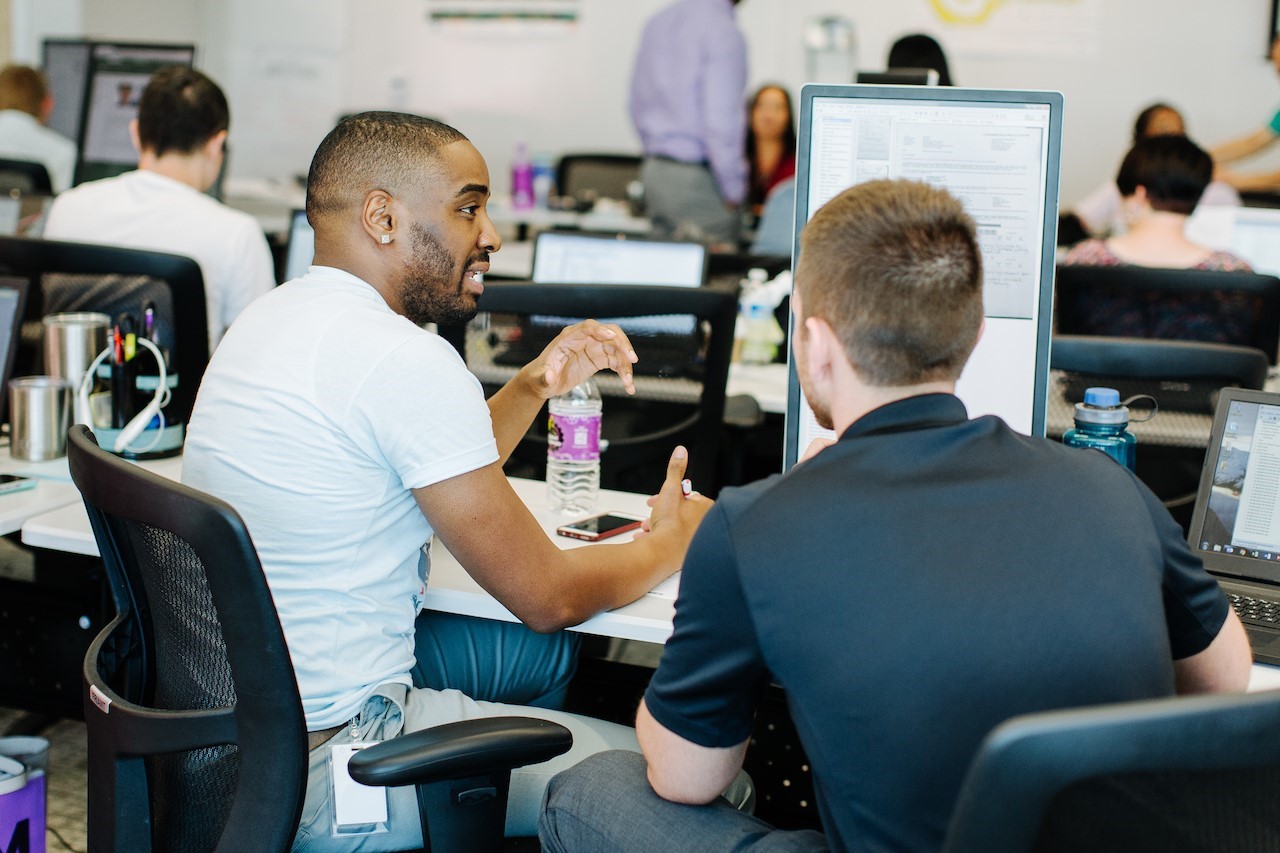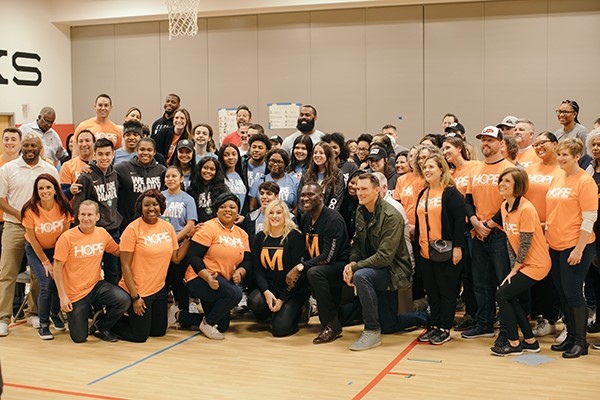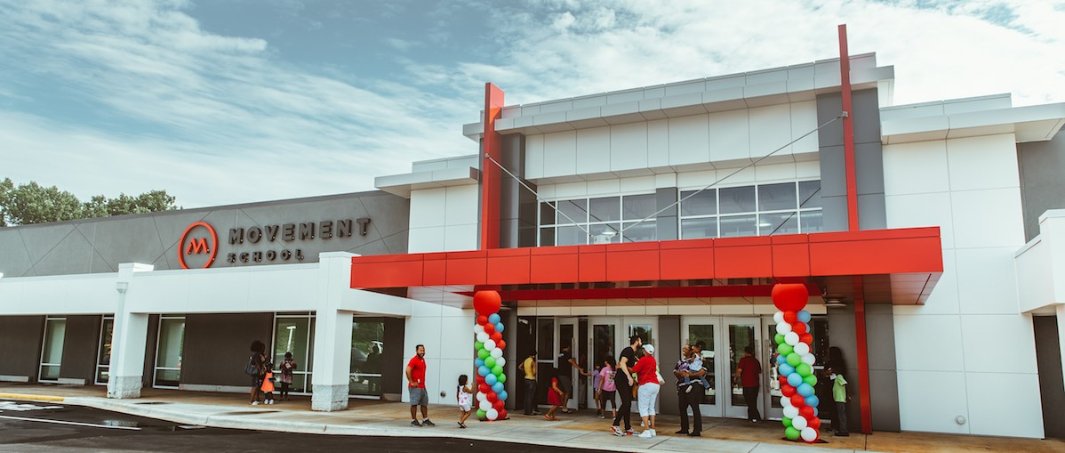Movement helps employee defeat silent killer
Chase Giles was sitting at his desk in Movement's National Sales Support Center when the pulsing pain in his head grew intolerable. For months, he had been getting dizzy and dealing with intense headaches but they would subside and he would move on.
Once the headaches grew worse, Giles, a 32-year-old TRID review analyst who's worked at Movement for nearly two years, consulted a neurologist. That's when he got the diagnosis that rattled his nerves and jostled his faith: he had a 4-millimeter aneurysm in his brain. He says he felt like he had a stick of dynamite in his head.

A week before undergoing surgery to remove the aneurysm, Giles faced another ordeal: He had to pay an exorbitant bill before surgeons would operate. By this point, his savings were tapped out.
At a teammate's urging, he turned to Love Works, an employee-generated fund that aids Movement team members in crisis. Although the fund doesn't pay medical costs, it did cover Giles' rent and utilities for a month so he could focus on recovery.
Giles, who's worked in financial services for 12 years, doubts things would have gone as well at any other job like it did at Movement.
"Had this happened at any other point in my life where I was working anywhere else, I would've had no support," he says. "It is a blessing to me to be here. This company has really taken care of me."
Facing his mortality
Giles kept his ordeal a secret for months. Finally, he told his team members in TRID. He also told them he was afraid to be alone. Afraid to fall asleep. Afraid that, at any moment, his aneurysm would rupture and he'd die or suffer irreparable brain damage.
Brain aneurysms develop when blood vessels become worn from constant blood flow and bulge like a bubble. They're common and many people live with them without knowing it. Still, 40 percent of aneurysm ruptures result in fatality, according to the nonprofit Brain Aneurysm Foundation. Of those who survive, 66 percent suffer some kind of permanent neurological deficit.

"I've always had a healthy respect for my mortality — realizing that I'm not going to be here forever," he says. "My biggest issue was that me and my mom are super close. I'm her only kid. If I leave here before her, she won't be OK."
One of his coworkers, Torlina Strong, moved him in with her temporarily so he could rest. His team rallied around him as he told his mother his diagnosis. They raised $300 for him. Classmates he met during his time in Movement University, a class that introduces new hires to Movement's culture and values, raised another $300.
"The amount of support I felt was ridiculous," he says. "I've gone through my life always feeling like I was alone, having to figure things out by myself. This was the first time I felt like I could put my burdens on other people and they would help me carry them."
"The physical part was easy…"
That's what Giles' surgeon told him after the surgery. The aneurysm was gone but the emotional fallout would linger.
"For about two to three months, I lived in a constant state of terror," he says. "Going home, I was terrified. Going to sleep, I was terrified."
His faith in God has helped him adjust.

"The entire ordeal and how it all happened, God's hand was in it entirely," says Giles, who later discovered that his headaches weren't related to the aneurysm at all but were instead the effects of squeezed shoulder and neck muscles. Had he not consulted a doctor about them, though, Giles is skeptical he ever would have learned about the bulge in his brain.
"God is real," he says. "There's no way He doesn't exist. There's no way He doesn't have a plan for me. There's no way He doesn't love me."


